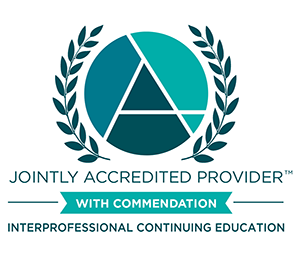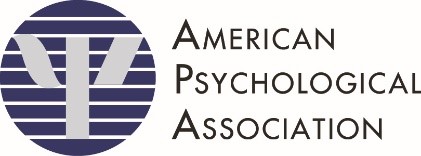- Arianna Coleman
Series Overview
Pediatric Gastroenterology Grand Rounds will be a interactive live recurring series that will highlight local, regional, and national experts on a broad range of topics that affect childhood digestive health. The topics range from innovative clinical care, new research, and QI techniques.
Target Audience
MD/DO, RN, APRN, Psychologists, Dieticians, and Students.
Planning Committee
| Daniel O'Connell, MD, Chair | Arianna Coleman, RDN, Coordinator | Marcy Weidkamp, NP | Katryn Furuya, MD |
| Jennifer Fisher, PhD | Pam Engelhart, RN | Camila Martin, RDN |
Accreditation
Accreditation Statement
 | In support of improving patient care, the University of Wisconsin–Madison ICEP is jointly accredited by the Accreditation Council for Continuing Medical Education (ACCME), the Accreditation Council for Pharmacy Education (ACPE), and the American Nurses Credentialing Center (ANCC) to provide continuing education for the healthcare team. |
Credit Designation Statements
American Medical Association (AMA)
The University of Wisconsin–Madison ICEP designates this live activity for a maximum of 1.0 AMA PRA Category 1 Credit(s)™. Physicians should claim only the credit commensurate with the extent of their participation in the activity.
American Nurses Credentialing Center (ANCC)
The University of Wisconsin–Madison ICEP designates this live activity for a maximum of 1.0 ANCC contact hours.
American Psychological Association (APA)
 | Continuing Education (CE) credits for psychologists are provided through the co-sponsorship of the American Psychological Association (APA) Office of Continuing Education in Psychology (CEP). The APA CEP Office maintains responsibility for the content of the programs. |
Commission on Dietetic Registration (CDR)
 | Completion of the RD/DTR profession specific or IPCE activity awards CPEUs (One IPCE credit = One CPEU). If the activity is dietetics‐related but not targeted to RDs or DTRs, CPEUs may be claimed which are commensurate with participation in contact hours (One 60‐minute hour = 1 CPEU). RDs and DTRs are to select activity type 102 in their Activity Log. Sphere and Competency selection is at the learner’s discretion. |
Continuing Education Units
The University of Wisconsin–Madison ICEP, as a member of the University Professional & Continuing Education Association (UPCEA), authorizes this program for 0.1 continuing education units (CEUs) or 1 hour.
POLICY ON FACULTY AND SPONSOR DISCLOSURE
It is the policy of the University of Wisconsin–Madison Interprofessional Continuing Education Partnership (ICEP) to identify, mitigate and disclose all relevant financial relationships with ineligible companies* held by the speakers/presenters, authors, planners, and other persons who may influence content of this accredited continuing education (CE). In addition, speakers, presenters and authors must disclose any planned discussion of unlabeled/unapproved uses of drugs or devices during their presentation. For this accredited continuing education activity, all relevant financial relationships have been mitigated and detailed disclosures are listed below.
* Ineligible companies are those whose primary business is producing, marketing, selling, re-selling, or distributing healthcare products used by or on patients. The ACCME does not consider providers of clinical service directly to patients to be commercial interests.
Detailed disclosures will be available prior to the start of the activity.
Disclosures for Planning Committee
Competencies
ACGME/NURSING
Patient Care and Procedural Skills
Medical Knowledge
Practice-Based Learning and Improvement
Interpersonal and Communication Skills
Professionalism
Systems-Based Practice
NAM/NURSING COMPETENCIES
Provide Patient/Person-Centered Care
Employ Evidence-Based Practice
Population Health
Apply Quality Improvement
INTERPROFESSIONAL EDUCATION COLLABORATIVE COMPETENCIES
Teams and Teamwork
DIVERSITY, EQUITY, AND INCLUSION COMPETENCIES
Engage in Self-Reflection
Additional Activity Goals
| JAC 18 |
IP — Competence
As a result of participation in this educational series, members of the healthcare team will be able to:
- Improve medical knowledge around childhood digestive diseases
- Recognize the unique skills each member of the interprofessional team brings to further patient care, research, and educational missions
- Define gaps in current knowledge of childhood digestive disease, and explore new research that encourages knowledge creation
- Identify biases in ourselves, and how that could impact the care of all of the patients we serve

 Facebook
Facebook X
X LinkedIn
LinkedIn Forward
Forward